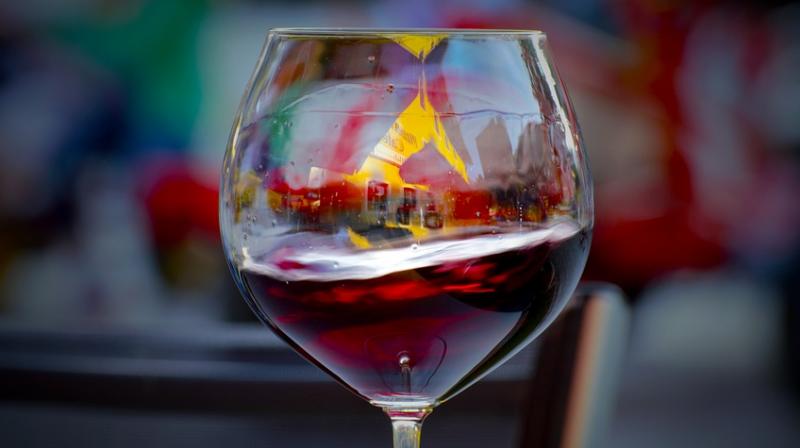Researchers explain what makes red wine good for your heart
Here is what researchers have found.

Washington: Researchers are developing a new stent that releases red wine antioxidants slowly over time that promotes healing and prevents blood clotting and inflammation.
Heart disease occurs when plaque builds up within artery walls blocking the blood flow through tissues in the body, increasing the risk of a heart attack or stroke.
About 630,000 people die each year from heart disease, according to the Centers for Disease Control and Prevention.
While there is no singular cure for heart disease, there are numerous forms of treatment including lifestyle changes and surgical procedures. In one procedure called a coronary angioplasty, a surgeon inserts and inflates a tiny balloon inside a blocked or narrow artery to widen it and allow blood to flow through to the heart thereby decreasing the risk of a heart attack or stroke.
This procedure often includes inserting a permanent small mesh tube to support the blood vessel called a stent.
Commercial stents can release chemotherapy agents that are toxic and can cause the blood vessel to narrow again. LSU Department of Comparative Biomedical Sciences Professor Tammy Dugas is developing a new stent that releases red wine antioxidants slowly over time that promotes healing and prevents blood clotting and inflammation. The two antioxidant compounds are resveratrol and quercetin.
"By delivering red wine antioxidants during conventional angioplasty, it may be possible to prevent excess tissue from building up and the blood vessel from narrowing again as it heals," Dr. Dugas said.
In addition to the stent, Dugas and colleagues are developing a balloon coated with the same compounds to treat blood flow blockages throughout the body called peripheral artery disease.
Drug-coated balloons are a relatively new product, and are being developed to help interventional cardiologists treat arteries that are difficult to target with traditional angioplasty and stent treatments.

